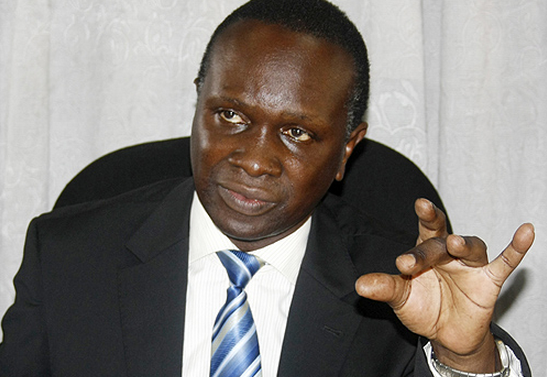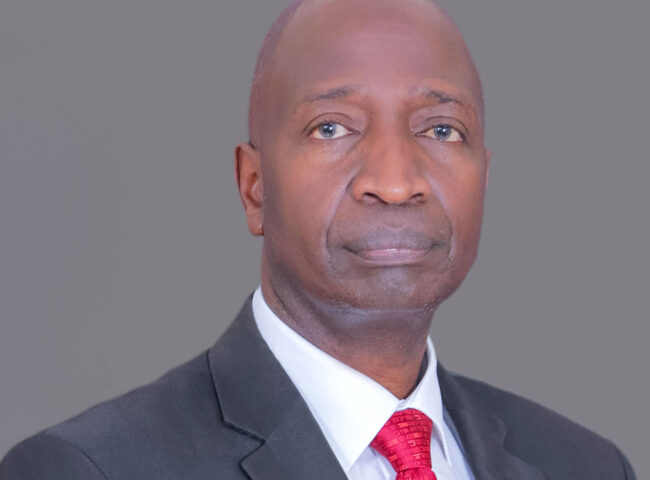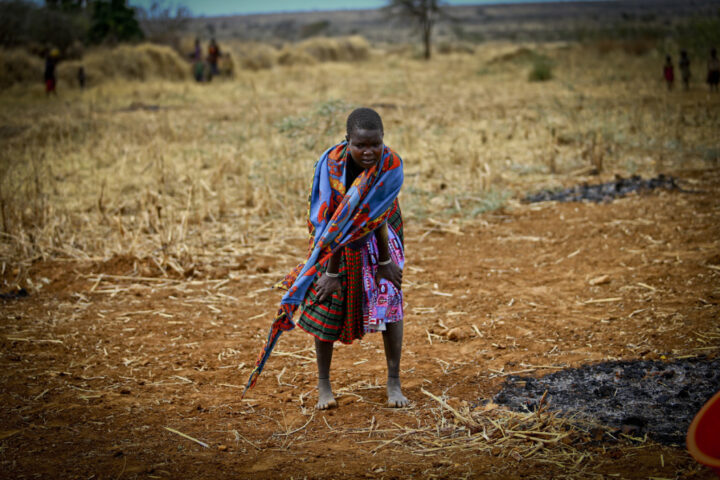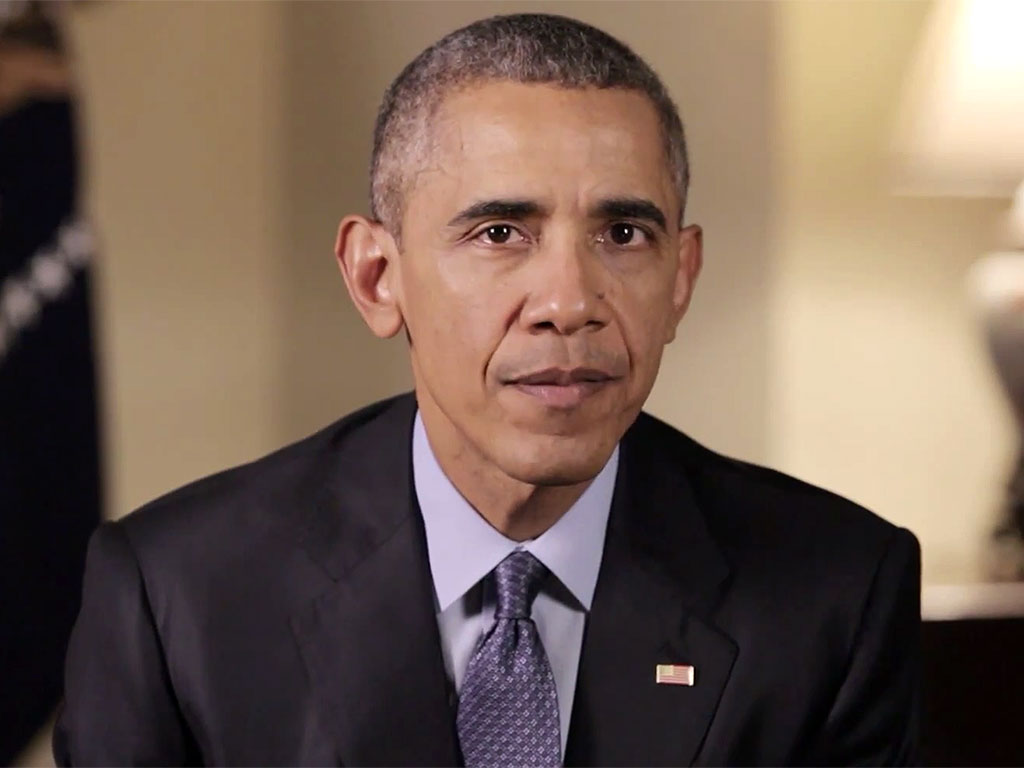Below is a report in the government controlled New Vision newspaper that relies on information from Uganda’s Auditor General to reveal serious irregularities in the management of Uganda’s strategic fuel reserves. Following a crisis in Kenya, fuel run out surprisingly quickly in Uganda. Surprising that is to some. As noted on this blog- this was an accident waiting to happen and has to do with the manner in which the Ministry of Energy is run as well as the overall deemphasis on the delivery of public goods in Uganda which affects other services like roads and health care. More analysis is forthcoming here but suffice it to say that the mismanagement of public resources itself is not accidental but part of the functional turn of the wheel of the political patronage system- which emphasises private goods.
The Ministry of Energy is a disaster having failed to respond to Uganda’s electricity needs, botched a dam extension project along the Nile in one of the most underreported scandals in the country’s civil service and now engaged in a controversial petroleum exploration program without any real reform in its own structure.
Uganda’s lead technocrat in the Ministry, Kabagambe Kaliisa, is a 15 year veteran of the Ministry who has been named in a corruption scandal by the government Ombudsman. Today when the Ministry is not publishing fake figures of Uganda’s electricity demand( figures privately questioned by the World Bank but never acted on) , the Ugandan Energy Minister Daudi Migereko is fighting public relations wars.
Like the “vanishing” of Uganda’s strategic fuel reserves, the truth is that the Ministry is not in a condition that can serve Ugandans best and requires a complete overhaul. But first public information about its incapacity should educate that change, something we will try to do here in the coming days.
One fact, special interests have overwhelmed the Ministry are glaring example being its outright failure to prevent the faulty construction of the Owen Falls Extension project, a project which has proved according to one notable hydrologist, the greatest threat to Lake Victoria, the world’s second largest fresh water body. That failure is accompanied by allegations of corruption including one by a senior Minister that Migereko’s successor took a bribe of US$ 6 million. Also unresolved is whether the damn extension project has benefited largely downstream country, Egypt, which despite having a permanent presence in Uganda dedicated to the Nile remained silent.
This reporter was told that Egypt’s water projects have significantly been boosted by the draining of the lake courtesy of the dam project. Uganda has never conducted an investigation into the matter to determine who was complicit in the project failure. In light of the current crisis- it is worth revisiting what happened.
Over to the New Vision report.
………………………………………………………………………………………………………………………………………………………………………………………….
IT took only a couple of days to paralyse Uganda. Within 48 hours, the violence in Kenya had led to severe fuel shortages all over the country, pushing up oil prices, doubling bus fares, raising food prices and seriously affecting business and public life.
Dealers were greatly taking advantage of the crisis to hoard and ask exorbitant prices, up to four-fold in the case of petrol.
Contrary to other countries, which have oil reserves that can last months or even years, Uganda�s reserves seem to be minimal, if existent at all. The country needs 1.2m litres of diesel per day, almost half of which is used for power generation, and 543,000 litres of petrol.
ENERGY minister Daudi Migereko has declined to reveal how much fuel is in the reserves. �There is something but we have declined to release the figures. We don�t want them to become a subject of debate,� he told Saturday Vision.
Earlier, in March 2007, energy state minister Simon D�Ujanga had told Parliament the reserves were dry. �The reserves have been used up,� he said. �It will be trickling in. At the moment we cannot talk about reserves because whatever comes in is being consumed.�
The question is whether anybody knows at any given time how much oil reserves the country has. In the mid 70s the Government started the construction of four fuel depots, in Jinja, Nakasongola, Gulu and Kasese.
However, of the four depots that were in plan, only one, in Jinja, with a total capacity of 30 million litres, was actually completed.
The Government loans out fuel from these reserves to private oil companies whenever there is a disruption in the supply chain and the oil companies reimburse the same amount in fuel stocks. The depot is also used to assist new oil companies stabilise in the liberalised competitive oil industry.
But according to a report by the Auditor General, the oil companies were not reimbursing as much and as fast as they should. By August 31, 2006, the companies owed the Government oil products amounting to sh6.8 billion.
�It was noted that some loans had taken so long to be settled. The recoverability is increasingly becoming difficult�, said the Auditor General�s report.
Also, it pointed out that the oil companies had not paid the required penalties of 22% on any outstanding balance after 30 days, which had accumulated to sh5.4 billion by August 31, 2006.
There is another reason why it is difficult to tell the level of Uganda�s reserves. �Information collected from employees at Jinja Storage Tanks revealed that the pumps and meters used were installed in 1978 and have not been replaced since then�, said the Auditor General�s report.
�It was noted from the records that, although the meters should be serviced regularly, the ones in Jinja take years to be serviced. Faulty meters can give misleading readings which can lead to fraud.�
The receipt meters are also problematic, according to the Auditor General. �It has been noted that when products are being returned or delivered, the ministry uses the dip sticks (measuring tools) of the trucks that deliver the products�, the report said.
�It is possible to be given a faulty dip stick which reads more stocks than what has been actually delivered.� It recommended that inlet meters be introduced to help check the readings provided by drivers. In addition, the report noted that there was inadequate staffing at the Jinja reserves �resulting into late billings, late reconciliations and postings into the ledgers. This is risky, as at any given time, it is impossible to tell actual stocks held.�
As a result of lack of staff, it added, the flow of information between the Jinja Storage Tanks and the ministry headquarters was very poor. �Administration at the ministry is sometimes not up to date with what is going on at the Jinja Storage Tanks.� Energy minister Migereko admits that there were problems with oil companies not reimbursing. �There was a problem some time back. We have tried to recover that fuel. Only one company has not reimbursed. The matter is in court,� he said.
He explained that the Jinja storage tanks were built when the demand for fuel was not as high as today, and that the other depots were not completed due to financial constraints. He also pointed out that the breakdown at the refinery in Mombasa and at the oil pipeline had affected Uganda�s capacity to store enough reserves.
However, with the Eldoret-Kampala pipeline project starting in May this year, Uganda�s fuel problem should be addressed, Migereko announced.
�As part of the pipeline project, we are expanding the Jinja reserves, build storage facilities in Kampala, Mbarara and Kasese. By the time we produce our own oil, in 2009, we can take advantage of those facilities to distribute fuel to various parts of the country.”
He acknowledged that the Kenya crisis had pre-empted their plans. “The pressure has come up much earlier than our own plans.”
As oil trucks are starting to arrive in the country, there might be some temporary relief from the biting fuel prices. But it will take another two years before Uganda can escape its precarious dependence on its neighbour.
Report by Carol Natukunda- New Vision










